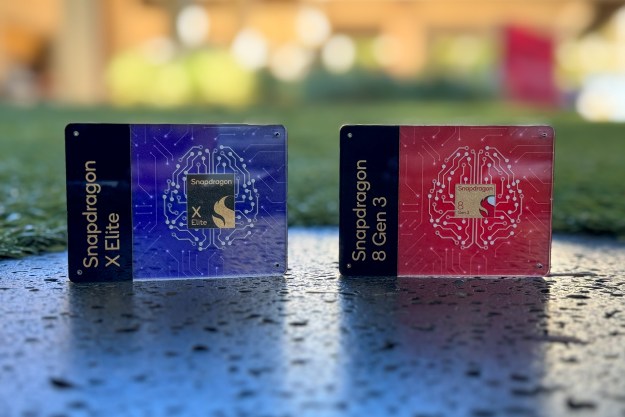The brains of bees could help to take AI systems to the next level, according to scientists in the U.K.
The team at the University of Sheffield has conducted a study that it says reveals the underlying mechanisms that drive the creatures’ ”remarkable” decision-making capabilities, which could be transferred to AI technologies, the BBC reported.
Using 20 honey bees, the team carried out various tests to examine how the flying insect decides which flowers to explore for nectar, with particular attention paid to the speed and accuracy of their decisions to accept and reject different flowers.
The creatures were tracked with a camera to see how long it took them to decide which flower to fly to. The results revealed that they wasted no time in heading straight to flowers they thought would have food — landing there in an average of 0.6 seconds — but were equally quick to reject flowers that they judged as having no food.
The team then created a computer model designed to replicate the honey bees’ decision-making process. “This approach offered insights into how a small brain could execute such complex choices ‘on the fly,’ and the type of neural circuits that would be required,” the team said in its research paper, adding that the sophistication of honey bee decision-making processes “rivaled that reported for primates.”
Now it’s up to tech developers to consider how the findings might be adapted to refine the design of their AI-powered creations, with the scientists suggesting the results could be harnessed “to design more efficient decision-making algorithms for artificial systems, and in particular for autonomous robotics.”
The leader of the study, Dr HaDi MaBouDi, said the research could be used to create “better, more robust and risk-averse robots and autonomous machines that can think like bees — some of the most efficient navigators in the natural world.”
Editors' Recommendations
- ChatGPT AI chatbot can now be used without an account
- Google brings AI to every text field on the internet
- OpenAI and Microsoft sued by NY Times for copyright infringement
- This app just got me excited for the future of AI on Macs
- What is OpenAI Q*? The mysterious breakthrough that could ‘threaten humanity’


